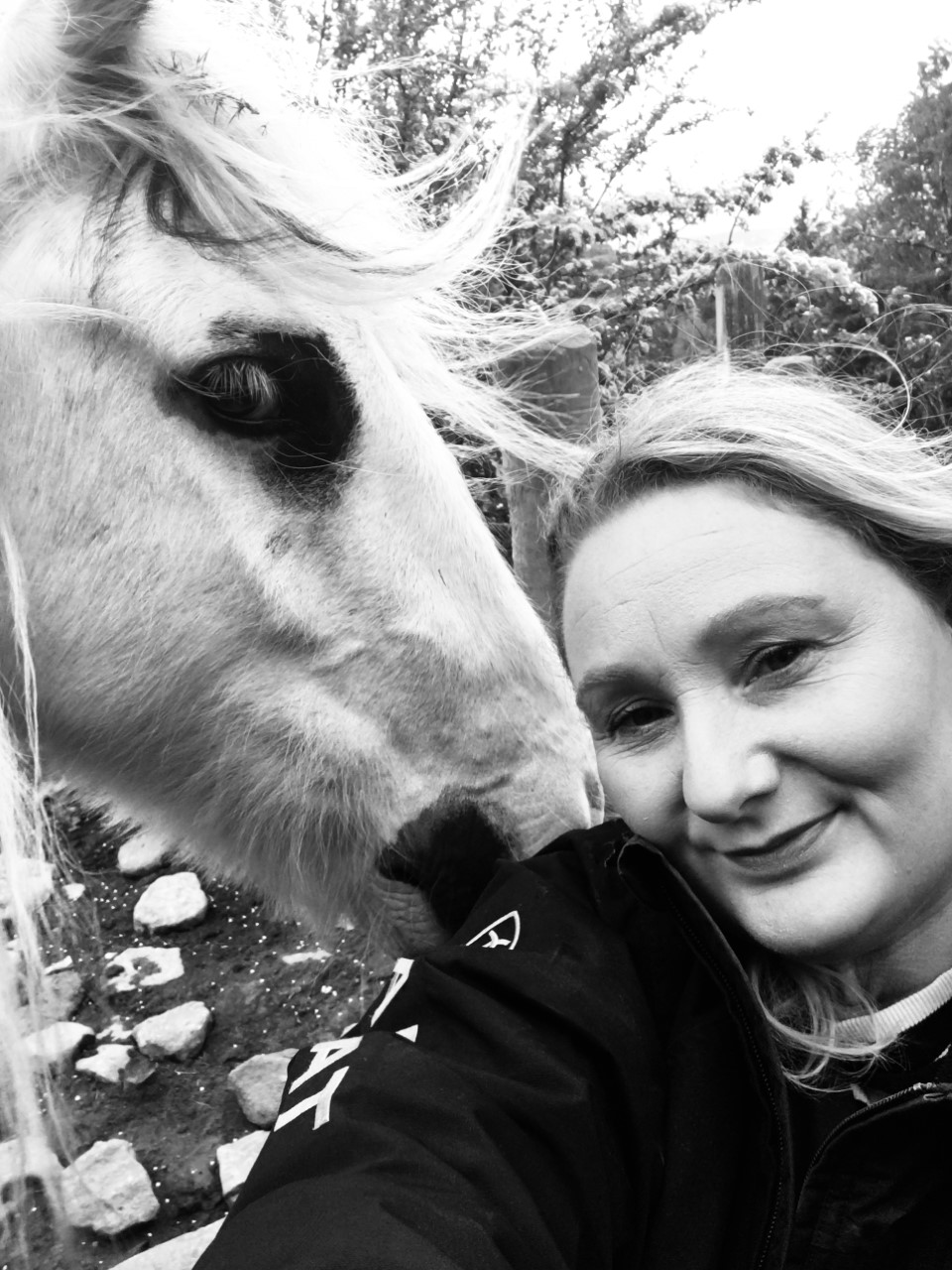The Pennine Covid Virtual Ward has supported more than 1500 people across East Lancashire and Blackburn with Darwen to remain safely at home with Covid-19.
The Covid-19 Virtual Ward was set up in response to the significant challenges and impact that the pandemic has had on local residents. This at-home monitoring service is available for those with a positive Covid-19 test result (within the last 14 days) or clinical suspicion of having Covid-19 illness, who have Covid-19 symptoms, and are identified as being clinically vulnerable to developing low blood oxygen levels due to age, a pre-existing condition or other significant risk factors.
The Covid Virtual Ward helps to keep patients in their own homes whilst providing physical and psychological support through regular contact, as well as ensuring that the patient’s own GP is engaged to help with continuity of care. However, if and when patients require further treatment, they will be rapidly admitted to hospital if needed. Patients on the ‘ward’ are kept in touch with daily by health care professionals, either by phone, video consultation or if required a home visit.
One of the patients referred onto the ward, describes her experience. Debbie Lentell, 42, started with asthma in her early to mid-20’s. She first began feeling ill with what is now known to be Covid-19 when her newborn granddaughter Gracie, still only a few weeks old, was in ICU with Covid-19. Debbie was feeling sick and lethargic, and had a persistent cough. She felt very unwell (pre-positive Covid-19 test) and called an ambulance. Debbie was assessed by the paramedics, and was well enough to stay at home, and the paramedic advised Debbie to contact her GP.
Following a positive Covid-19 test her GP referred her to the Covid Virtual Ward. She hadn’t heard of the virtual ward before but is now so grateful that her GP gave her this option (patients will only be referred by their consent). She described being given the positive test as “quite a shock”.
Within hours of being referred to the virtual ward, Debbie had received a telephone call from one of the nurses who undertook an initial assessment, explained the importance of blood oxygen level monitoring and arranged for a pulse oximeter and patient diary to be delivered to her house. A pulse oximeter is a painless and reliable way to measure a person's blood oxygen levels. It is a tiny device that usually slides over your fingertip and uses infrared light refraction to measure how well oxygen is binding to your red blood cells.
Debbie was unable to eat or drink for some time, and Covid affected her breathing. During her Covid illness a member of the Covid virtual ward team contacted Debbie daily, and outside of this Debbie had a number that she could ring 24/7 should she have any worries or concerns. After recovering at home and feeling much better, Debbie was discharged from the virtual ward after 13 days.
Debbie said: “The virtual ward was a breath of fresh air. It’s a long, scary process so having someone at the end of the phone was a lifeline and really brought me peace of mind. I honestly thought I was going to die. What you see on the TV is real.
“It’s been so reassuring though to know that I can ring someone up if I start feeling worse, and I can’t thank the staff enough for everything they have done for me. The Covid virtual ward saved me a trip to the hospital. I’m so glad my GP referred me as I really don’t know what I would have done or where I would be now otherwise.
“I have had it really bad, so I’d encourage everyone who can to take up the offer of the vaccine as it really can save lives.”
As well as supporting patients to monitor their blood oxygen levels, the team also provides emotional and practical support. The virtual ward is able to onward refer patients and their families to other teams including voluntary services in district council hubs. The district hubs can help people with shopping, financial concerns, pet welfare and other practical challenges that people and their families face when isolating due to Covid.
Dr Mark Dziobon, Medical Director at NHS Blackburn with Darwen and NHS East Lancashire Clinical Commissioning Groups, said:
“In the current situation we are all having to work differently but it makes it all worthwhile when we hear stories such as Debbie’s. It is well known that people recover best in their own home; the virtual ward enables individuals to be with their loved ones whilst enabling us to keep an eye on their blood oxygen levels at the same time. Patients and relatives have really valued being treated in their own home environment.”
Tony McDonald, Executive Director of Integrated Care, Partnerships and Resilience at East Lancashire Hospitals NHS Trust, said:
"The Pennine Lancashire Covid Virtual ward has made a big difference in reducing the number of Covid patients who would have had to be admitted to our hospital. We can now care for these particular patients at home, which is the best place for them. Our staff, in close collaboration with other services such as primary care, are working extremely hard to care for our very sick and vulnerable patients, so having this virtual ward means that they can give their care and attention to those who need it most. Our Covid inpatient wards are already stretched, so having these patients cared for safely in their own home eases pressures on our staff.
“I’m really pleased to hear stories such as Debbie’s, it’s really reassuring to know that the virtual ward is doing its job in both enabling patients to recover at home with their loved ones, as well as easing pressures on our hospital too.”

Debbie with her pony, Patch.


